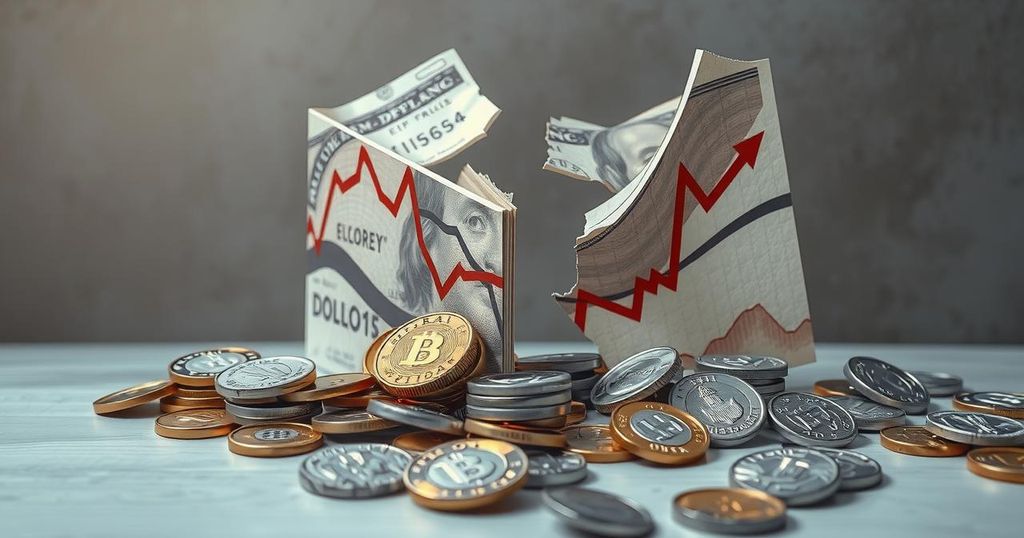Lebanon’s economy is severely depressed according to the IMF, worsened by conflict involving Hezbollah and Israel. A recent IMF team visited Lebanon, noting extremely high poverty and unemployment rates due to a banking sector collapse. Although some stability has been achieved, comprehensive reforms are essential for economic recovery and social improvement.
According to the International Monetary Fund (IMF), the economy of Lebanon remains in a severely depressed state, which has been worsened by a recent two-month conflict involving Hezbollah and Israel that resulted in significant infrastructure and housing damage. A delegation from the IMF met with the new government led by President Joseph Aoun and Prime Minister Nawaf Salam last week.
Following their visit, the IMF reported that poverty and unemployment are exceptionally high, a continuation of distress initiated by the financial crisis beginning in 2019. The collapse of the banking sector exacerbates the dire economic situation, preventing depositors from accessing their funds and stalling economic activity.
Despite some recent policy measures that have stabilized inflation and the exchange rate since the elimination of a fiscal deficit mid-2023, the IMF stressed that these measures are inadequate to effectively tackle the existing economic, financial, and social challenges. A comprehensive reform strategy is essential for restoring economic growth and improving social conditions throughout the country.
The IMF affirmed its readiness to collaborate with the international community and Lebanese authorities to tackle these pressing issues. The conflict between Hezbollah and Israel lasted from September until a ceasefire was achieved in November and has deepened Lebanon’s existing financial crisis, which the World Bank identified as the worst in the country’s modern history, with soaring debt and inflation rates.
In summary, Lebanon’s economic challenges continue to escalate, marked by a high incidence of poverty and unemployment along with a failed banking sector. The IMF’s assessment highlights the necessity for a strategic approach to economic rehabilitation. Moving forward, the collaboration between the IMF and Lebanese authorities may play a pivotal role in addressing these critical issues and facilitating recovery.
Original Source: www.agbi.com






